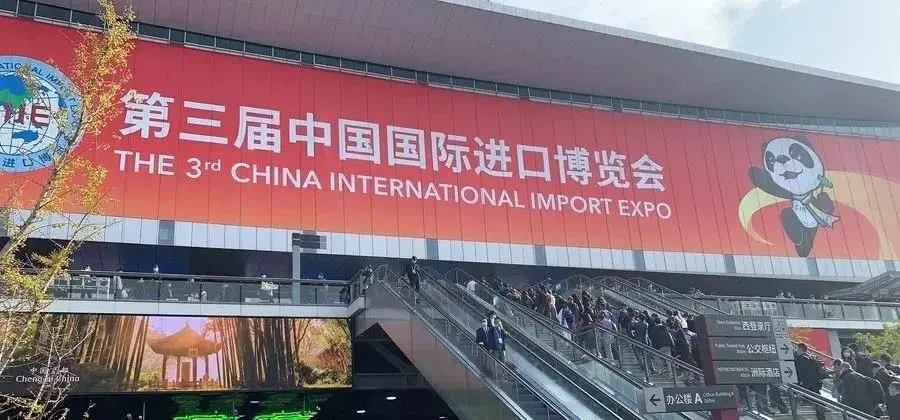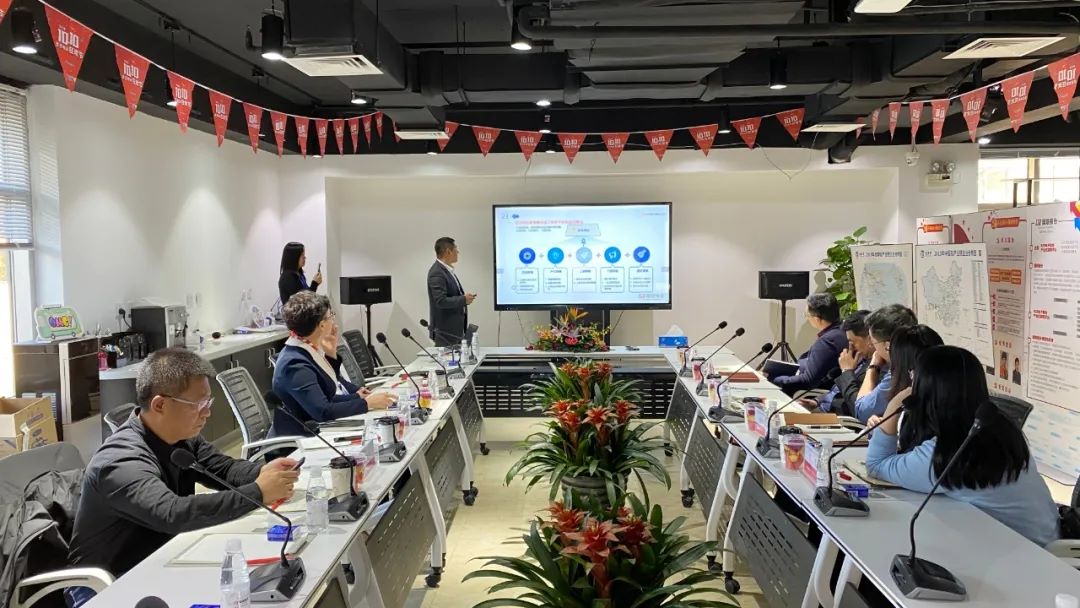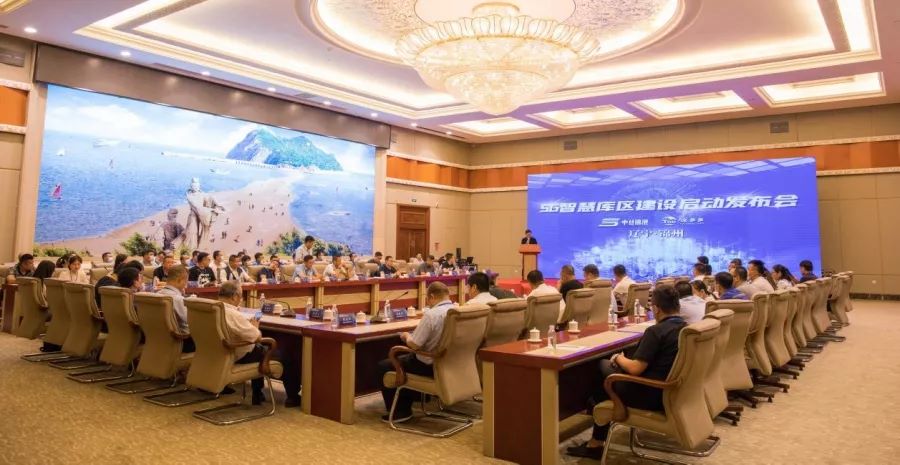China's tire Thailand model sweeps the world
On the afternoon of March 28, 2025, an earthquake with a magnitude of 7.9 occurred in northern Myanmar. Thailand, which is adjacent to Myanmar, announced that its capital Bangkok has entered a state of emergency. The powerful seismic waves of the Myanmar earthquake also made local residents in Thailand feel a strong tremor. A high-rise building under construction in Bangkok collapsed in the earthquake.

01 Thai factory reported safety
As an important overseas base for Chinese tire companies, the situation of Thai factories has aroused strong attention from the industry. So far, Senqilin has reported safety-the factory in Rayong, Thailand has not been affected by the earthquake, and normal production and operation do not affect shipments to overseas markets.
However, Senqilin also stated that due to the impact of aftershocks, the closure of Thai ports has challenged sea transportation supply. However, late at night on March 30, the Thai National Disaster Prevention and Mitigation Command Center has lowered the earthquake disaster response level from level three (major disasters) to level two (moderate disasters). Port transportation is expected to gradually resume.
However, Senqilin's Moroccan factory has played an important role in the supply of overseas markets. Senqilin said that it will currently use its production capacity in Tangier, Morocco to supply tires to the United States. At the same time, according to the information given by Senqilin, its US warehouse has sufficient inventory, and dealers do not need to worry about supply shortages. In addition, Linglong Tire also reported safety. Linglong's Thailand base is located in Chonburi, far away from Myanmar, and the Myanmar earthquake did not affect the base. According to the location of the Thai factory disclosed by the tire companies before, it is expected that the Thai factories of Chinese tire companies are in normal production.
02 Chinese companies' factories in Thailand
Chinese tire companies' factories in Thailand are mainly concentrated in Rayong Province in central Thailand and Chonburi in eastern Thailand. Among them, Zhongce Rubber, Cheng Shin Rubber, Double Coin Group, General Shares, Senqilin and Shandong Yinbao; Linglong Tire, Pulin Chengshan and Shandong Yinbao have factories in Chonburi.
In addition to the advantages of being close to the main production areas of natural rubber and low labor costs; the Eastern Economic Corridor (including Chonburi, Rayong, Chachoengsao, etc.) also attracts tire companies to build factories here because of its developed automobile manufacturing industry. Chonburi and Rayong are the largest automobile industrial bases in Thailand and are known as the "Detroit of Asia." In fact, foreign tire giants such as Bridgestone, Continental, Sumitomo Rubber and Yokohama have also set up production bases in Rayong Province to meet the needs of supporting, local and overseas markets.
In addition, although Chinese tire companies have not been involved in the central region of Thailand too much, the well-known automobile and parts industry cluster in Thailand is an important center of Thailand's machinery and equipment manufacturing industry.
Among the foreign giants currently deployed in the central region is Michelin. It can be seen that unlike foreign capital's desire to better localize operations, the Thai base is more like an export channel for Chinese tire companies to the European and American markets. Under this strategy, in 2025, Thailand's exports of truck tires, light truck tires and passenger car tires to the United States will reach 42.3625 million, 8.5085 million and 7.1252 million respectively, far ahead of other export regions.
However, as the United States, South Africa and South America have started the "double anti-dumping" mode for Thai tires (the United States has already carried out double anti-dumping on passenger car tires and truck tires produced in Thailand), the export price advantage of Chinese tire companies from here is gradually decreasing. This is why many Chinese tire companies have started to deploy multiple overseas bases in the past two years. Currently, Cambodia and Indonesia in Southeast Asia have become the second largest overseas base site selection reference for many tire companies.
03 Cambodia China's production capacity exploded
In 2021, after the United States launched anti-dumping and countervailing duties on passenger car tires in Thailand and Vietnam, many tire companies began to deploy neighboring countries to broaden export routes. Among them, Cambodia has become another "golden first choice" for many tire companies to export to the European and American markets due to its low market share in Europe and the United States and the fact that Europe and the United States have not imposed tariffs on it (at least the US tire market before 2025 has no tariffs on Cambodia). At present, Cambodia has brought together 8 phases of projects of 6 tire companies, including Sailun, General, Doublestar, Fumax, Wanli and Top Tire, with a total production capacity of more than 60 million (of which 54.5 million are semi-steel tire production capacity).
And it took only more than 2 years from layout to realization of these production capacities. Choosing Cambodia, on the one hand, Cambodia also has a natural rubber planting industry, which has certain advantages in raw material supply; on the other hand, there has been no tire industry here before, and tire exports here are free from tariff troubles. In 2024, tire exports to the United States will increase significantly.
Starting from 2023, Cambodia began to enter the top ten sources of tire imports to the United States. In 2024, the United States' passenger car tires, light truck tires and truck tires from Cambodia increased by 67%, 101.7% and 16 times year-on-year, respectively, with imports of 8.9276 million, 3.7592 million and 1.1883 million tires, respectively. Cambodia even sold more than 200,000 more truck tires than China sold to the United States.
However, whether the rapid export growth rate will attract the attention of the European and American markets needs to be questioned. However, at present, because Cambodia only has Chinese tire companies, its overall production capacity is not particularly "outstanding", so its "springboard" role will still be significant in the short term.
04 Indonesia's production capacity following giants
Unlike Cambodia, the current Chinese production capacity layout in Indonesia is very interesting. It seems that only the leading tire companies are considering building capacity in Indonesia. However, it must be mentioned that Indonesia has always been one of the main production capacity layouts of European and American giants in Southeast Asia.
Michelin, Bridgestone, Goodyear, Pirelli, Sumitomo Rubber and Giti Tire, the five major foreign giants, have already laid out their production capacity here. Cheng Shin Rubber and Kenda Tire are also the first Chinese tire companies to lay out the production capacity of two-wheel tires here. Long before Zhongce Rubber and Sailun Tire decided to build factories, Indonesia's annual tire production capacity exceeded 60 million. Many tire factories here have a history of about 50 years. It can be said that this is not an "export springboard" with tariff advantages.
However, Indonesia, as the largest economy in Southeast Asia, is undoubtedly the largest economy in Southeast Asia. With the continuous double-digit growth in natural rubber supply, automobile wholesale and retail volumes, Chinese tire companies here have not only more export opportunities, but also more opportunities to participate in automobile matching. In 2024, Indonesia's passenger car tire exports reached 13.29 million, making it the fourth largest tire import source for passenger car tires in the United States, and its single tire price is not low, with each tire costing nearly 400 yuan.
Exporting tires from here to Europe and the United States is expected to further bring higher profits at higher prices. However, due to the violent interference of illegal organizations in industrial parks in Indonesia in recent years, many tire companies with limited budgets are quite cautious about investing here.
05 New track for investment in Vietnam
In fact, Vietnam is the place where Chinese tire companies dug the first shovel of soil overseas, but because Vietnam has also encountered anti-dumping and countervailing measures from the United States in recent years, the current enthusiasm for capacity investment here is significantly weaker than that of Cambodia.
However, the investment here is not static. Jinyu Tire and Guizhou Tire have both entered the passenger car tire track with the help of their Vietnamese bases. In 2025, Vietnam will have 21 million semi-steel tires off the production line, of which Jinyu and Guizhou account for 9 million. In addition, Korean tire companies have also started to expand production in Vietnam. In 2024, Vietnam's exports of semi-steel tires to the United States reached 15.5246 million. With the support of Jinyu Tire, Guizhou Tire and Korean tire companies, how much will Vietnam's exports to the United States increase? Is it possible to surpass Mexico and become the second largest source of imports of passenger car tires in the United States with its price advantage?
06 China's overseas tire model sweeps the world
Although Chinese tire companies are avoiding the term "high quality and price ratio", looking at the tire sales data and the concerns of foreign investors about the erosion of market share, perhaps "low price" is not a bad thing. As Sumitomo Rubber said when it decided to close its only factory in the United States and transfer production capacity to Thailand: "Even if we have to face high anti-dumping and countervailing duties in the future, compared with the operating costs of domestic factories in the United States, producing tires for export in Thailand is profitable." Affected by the consumption downgrade caused by high inflation rates around the world, foreign investors seem to be considering "imitating" China's overseas factory construction model...
- Компании по производству шин видят обновленные инвестиции в Малайзии794
- Гиганты шин проводят массовые увольнения858
- Обувь упала, антидотационный налог составляет 300%966
- Боль и восстановление ценности отечественной шинной промышленности970
- Вторая волна повышения цен на шины испытывает устойчивость цепочки поставок863









